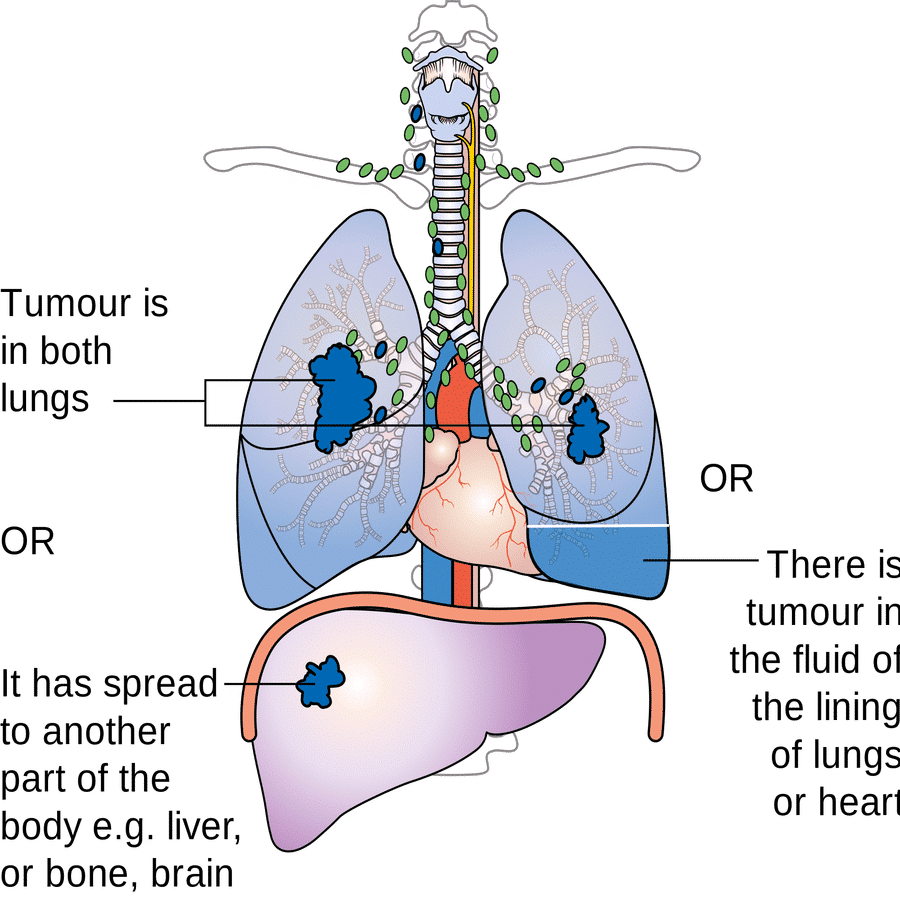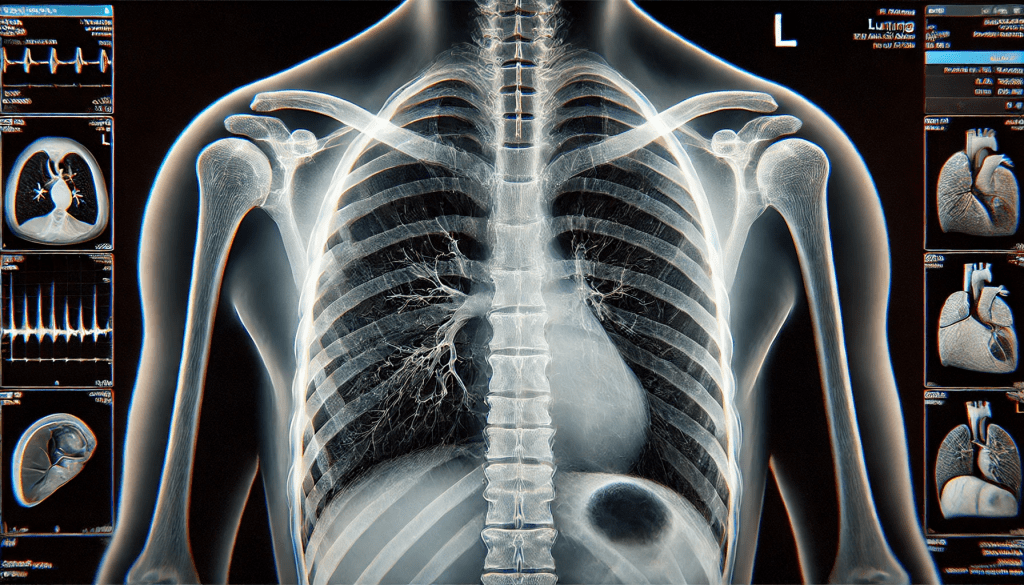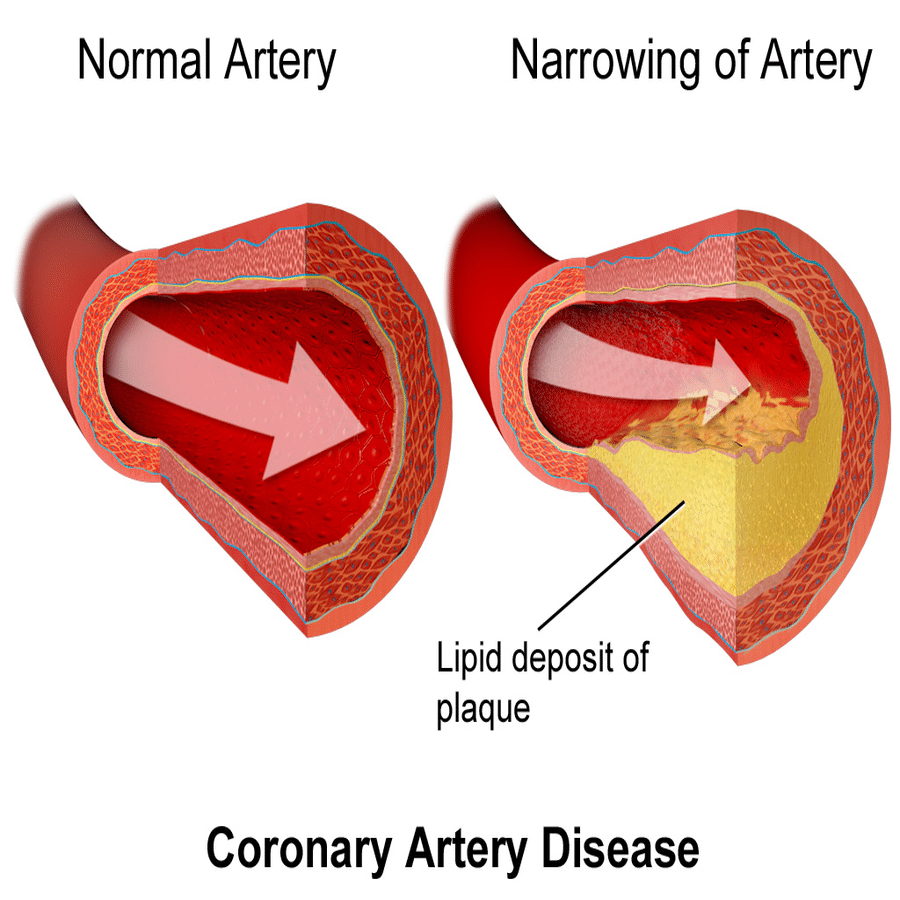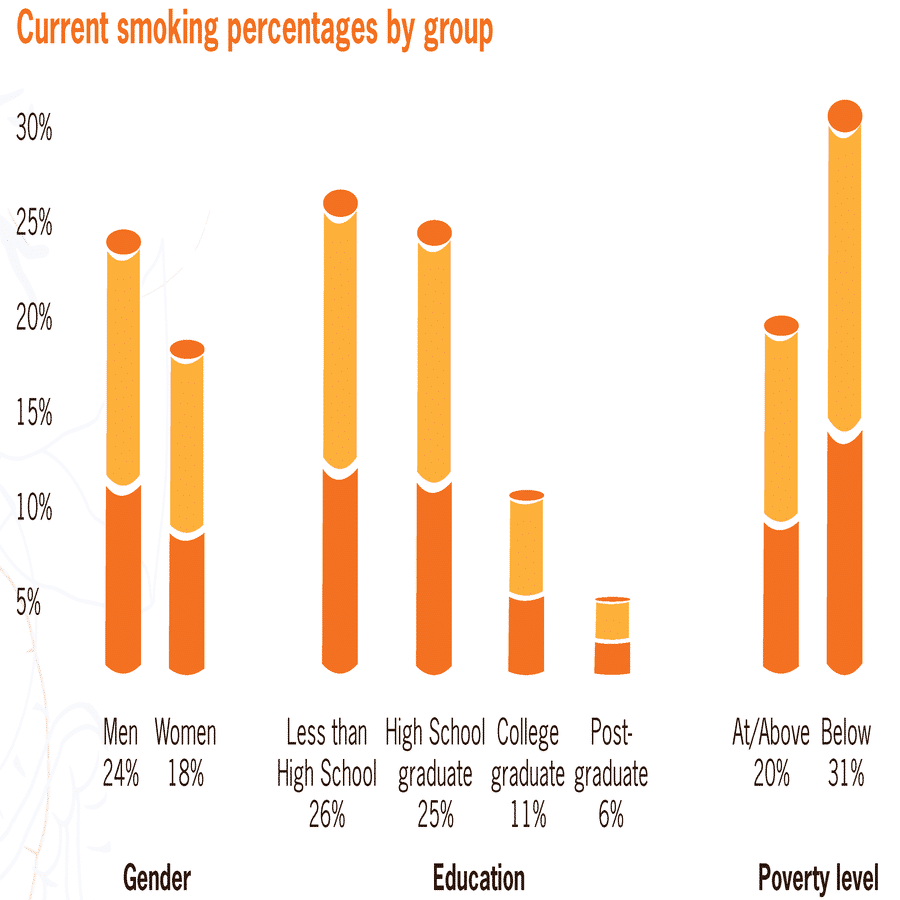A Comprehensive Examination of Smoking Effects on the Lungs: Insights from Hypnotherapy

Introduction
Smoking remains a significant public health issue, contributing to a host of respiratory and systemic diseases. Lung cancer, a leading cause of cancer deaths, is predominantly linked to smoking. This article delves into the harmful effects of smoking on lung health and explores how hypnotherapy can be a powerful tool in smoking cessation.
The Devastating Impact of Smoking on Lung Health
Lung Cancer and Smoking
Lung cancer is the most common cancer type caused by smoking, with more than 80% of large cell lung cancer cases attributed to tobacco use. Cigarette smoke contains harmful chemicals that disrupt the body’s natural air filtration and lung clearance mechanisms.
Mechanisms of Lung Damage
Cigarette smoke irritates the lungs, leading to an overproduction of mucus. The smoke also paralyzes the cilia, tiny hair-like structures in the respiratory tract that help clear mucus. When the cilia are paralyzed, mucus builds up, causing lung congestion and paving the way for chronic respiratory conditions.
Chronic Obstructive Pulmonary Disease (COPD)
COPD is a significant health issue globally, particularly among the aging population. It is a progressive and incurable disease that leads to severe disability. COPD morbidity and mortality rates are increasing, making it a pressing public health concern.
Study on Bronchodilator Therapy
A 2014 study published in the Annals of the American Thoracic Society examined the effectiveness of tiotropium bromide, a bronchodilator, in improving respiratory capacity and exercise endurance in COPD patients. The study concluded that tiotropium significantly improved exercise duration and respiratory capacity, highlighting its potential benefits in managing COPD.
Smoking and Surgical Risks
Impact of Smoking on Postoperative Outcomes
Smoking is a well-known risk factor for postoperative complications. A 2005 study by the American College of Chest Physicians explored whether quitting smoking before surgery could reduce postoperative lung complications. The study found that while nonsmokers had fewer complications, recent quitters and ongoing smokers showed no significant difference in outcomes, suggesting that smoking cessation should be encouraged before surgery without fear of increased postoperative risks.
Hypnotherapy as a Tool for Smoking Cessation
Clinical Evidence Supporting Hypnotherapy
Hypnotherapy has shown promising results in smoking cessation programs. A 2004 study involving 30 smokers referred by their primary care physicians found that 81% of participants reported avoiding smoking after hypnotherapy, with 48% maintaining abstinence 12 months later. Additionally, 95% of participants expressed satisfaction with the treatment.
Group Hypnotherapy Programs
In 1997, the American Lung Association of Ohio conducted group hypnotherapy sessions for smoking cessation with 2,810 smokers. Follow-up interviews revealed that 22% of participants had not smoked in the month preceding the interview, demonstrating the potential effectiveness of hypnotherapy as a smoking cessation method.
Benefits of Hypnotherapy
Hypnosis provides a safe, craving-free approach to quitting smoking. By addressing the psychological aspects of addiction, hypnotherapy helps individuals become long-term non-smokers, significantly improving their lung health and overall well-being.
Smoking has profound negative effects on lung health, contributing to diseases such as lung cancer and COPD. While traditional treatments and cessation methods are vital, hypnotherapy offers a complementary approach with significant potential. Clinical studies and group programs have demonstrated its effectiveness in helping individuals quit smoking and maintain their health. Given the severe consequences of smoking-related lung diseases, hypnotherapy is a valuable tool for those seeking to quit smoking and improve their lung health.
Lung cancer cells are one of the most typical types of cancer cells due to smoking. Greater than 80 % of instances of large cell lung cancer prognoses are because of smoking.
Cigarette smoke includes lots of chemicals that disrupt the physical body’s technique of filtering system air as well as clearing out the lungs. The smoke aggravates the lungs and also causes overflow of mucous. It also paralyzes the cilia which are little hair-like frameworks that are aligned with the respiratory tracts. Paralysis of the cilia implies that mucous is soon to form and leads to blockage of the lungs.
Chronic obstructive pulmonary disease (COPD) is a major issue developing nations throughout the globe. It is currently irreparable as well as triggers high degrees of disability, largely amongst the aging population; however it continues to impact numerous men and women prior to old age. COPD morbidity as well as death rates are increasing, particularly in nations via an maturing populace. COPD is anticipated to increase from the twelfth location in 1990 to ranking fifth in 2020, which makes it a significant source of impairment.
What can be done to challenge these overwhelming numbers of despair? Bronchodilator treatment stands for a possibly useful healing alternative to boost workout endurance in moderate COPD. A 2014 study in the Annals of the American Thoracic Society periodical sought to enforce this hypothesis.
Their techniques consisted of a 22-week, randomized, double-blind, two-period research study which reviewed the efficiency of once-daily tiotropium bromide versus sugar pill in people via Group 1 as well as Group 2 that had COPD. Main endpoint was between-group (tiotropium vs. inactive medicine) distinction in respiratory ability at the time the quickest examination finished throughout consistent treadmill workouts throughout a 6-week therapy duration.

The research study consisted of 48 in Group 1 and 78 clients in Group 2. Isotime respiratory capability was considerably improved throughout workout in the total team and also GOLD 2 teams after tiotropium versus sugar pill. Tiotropium considerably boosted workout period in the first team but did not get the same results with the second team that was exposed to the sugar pill. The study concluded that more research needed to be done testing out their primary medicine; however it did note that the physical exercise was beneficial to both groups in combating COPD.
Is it possible to receive any benefits from stopping smoking just before surgery? Traditionally, smoking has been discovered to be a dangerous aspect for the development of postoperative problems after several kinds of surgical procedures, but more so with the lack of underlying persistent lung illness.
In 2005, the American College of Chest Physicians tested the above theory. Their goal was to examine whether the advantage of smoking cessation merely before surgical procedure in avoiding postoperative lung problems had actually been verified. Some research studies really reveal a paradoxical boost in issues in those stopping smoking a few weeks or days before surgical procedure. They researched the result of smoking as well as the timing of smoking cessation on postoperative lung issues in individuals going through thoracotomy.
The potential research performed in a tertiary treatment cancer facility in 300 successive people due to key lung cancer cells or metastatic cancer cells to the lung undertaking physiological lung resection. What were the outcomes? The teams examined nonsmokers (21 %), previous quitters of > 2 months period (62 %), current quitters of < 2 months period (13 %), and also continuous cigarette smokers (4 %). Total lung problems happened in 8 %, 19 %, 23 %, and also 23 % of these teams, specifically, due to a substantial distinction in between nonsmokers and also all cigarette smokers yet no distinction amongst the subgroups of cigarette smokers. The threat of pneumonia was dramatically lesser in nonsmokers (3 %) as compared to all cigarette smokers, with no difference detected among subgroups of smokers. Comparing recent quitters and ongoing smokers, no differences in pulmonary complications of pneumonia were found. Independent risk factors for pulmonary complications were a lower diffusing capacity of the lung for carbon monoxide and primary lung cancer rather than metastatic disease.
Contrasting recurring cigarette smokers as well as current quitters, no distinctions in lung issues or pneumonia were located. Independent threat aspects for lung issues were a much lower diffusing ability of the lung for carbon monoxide gas and also main lung cancer cells as opposed to metastatic illness. They concluded that in individuals undertaking thoracotomy for secondary or main lung growths, there is no proof of a paradoxical rise in lung problems amongst those which stop smoking within 2 months of going through surgical treatment. Smoking cessation could securely be urged before surgical treatment.
Time and time again, incorporating hypnotherapy to stop smoking is becoming the perfect complement to traditional medicine. A 2004 research study provided initial information relating to hypnosis therapy for smoking cessation in a professional setup. Thirty cigarette smokers registered in an HMO were referred by their main doctor for therapy. Twenty-one people returned after a preliminary assessment and also received hypnosis for smoking cessation. At the end of therapy, 81 % of those clients stated that they had actually avoided smoking, as well as 48 % stated sobriety at 12 months after therapy. Many people (95 %) were pleased as a result of the therapy they received. Suggestions for future research to empirically assess this hypnosis therapy are reviewed.
Hypnosis smoking cessation therapy is one kind of program offered to cigarette smokers. Throughout 1997, 2,810 cigarette smokers took part in single-session, team hypnotherapy smoking cessation programs sponsored by the American Lung Association of Ohio. An arbitrarily picked sample of 452 individuals finished telephone meetings 5 to 15 months after going to a therapy session. Twenty-two percent of individuals stated not smoking throughout the month before the job interview. Usage of various other smoking cessation methods in the therapy session was also evaluated. Remarkably, just 20 % of individuals which utilized pharmaceutical items to aid via smoking cessation took them for the suggested therapy period. They also reached the conclusion that hypnotherapy smoking cessation therapy supplies an alternate cessation technique, which might satisfy the special requirements of specific people.
Hypnosis is a secure, craving-free means to happily end up being a long-term non-smoker without the requirement for heroics or self-control. Due to the crippling concerns connected with lung disease, many are looking for approaches to avoid smoking before it’s too late.














